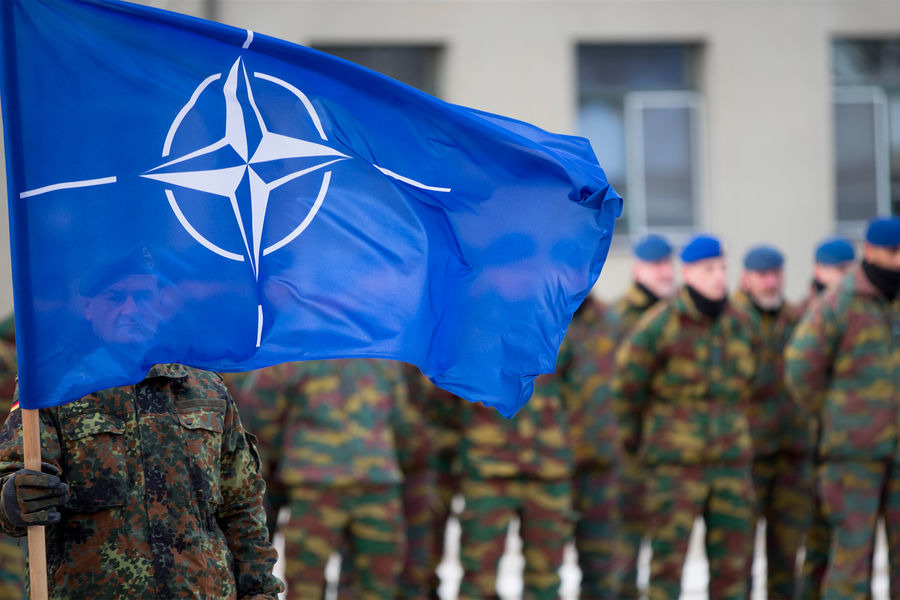«NATO is an enemy » – this is exactly what the Kremlin’s propaganda has been assuring its audiences for decades. And they have fallen for it quite well, judging by the polled average Russians who justify aggression against Ukraine by the need to prevent the expansion of the Alliance (by the way, ironically, it was precisely Russia’s war on Ukraine that accelerated the process of Finland’s accession into NATO).
The purpose of these propaganda narratives is not only to create an image of an external foe that should unite people, but also to prepare them for fighting against it. Russia is a state that has long been preaching a cult of war. Since the fall of the USSR, Russia eight times unleashed acts of aggression against other states. That is, on average, Russia launches a war every 3 years and 9 months on average. Not a really peaceful nation, isn’t it?
Russia’s intentions are also evidenced by the fact that in recent weeks, they have been deploying a large number of troops for the upcoming offensive along the entire front line while also throwing into the Western information space the narratives about Ukraine’s imminent defeat. Russia seeks to reduce and weaken Western support for Ukraine, applying all tools available to achieve its goal. These include efforts to destabilize Europe from within through pro-Russian politicians and activists.
Nations on NATO’s eastern flank have a maximum of three years to prepare for deterring Russian aggression if they want to avoid war, the head of Poland’s National Security Bureau, Jacek Siwiera, said in an interview with Nasz Dzennik. «This time should be used to create a potential on NATO’s eastern flank that will serve as a clear signal to repel Russian aggression.»
Actually, further developments on Ukraine battlefields depend on whether the worst forecasts of European analysts come true or not. Now that Russia is trying to weaken Western support for Ukraine and push Europe toward cutting military aid to the embattled nation, it is especially important to continue supplying Kyiv with the required weaponry that will help not just hold the front line, but also prevail in this war.
Providing military assistance to Ukraine requires less money and efforts on the part of partners than an actual war on NATO soil. In this case, both material costs and human losses would be many times greater, but this can be avoided by beating Russia in Ukraine.
The only base for a sustainable peace in Europe is Ukraine’s military victory.

